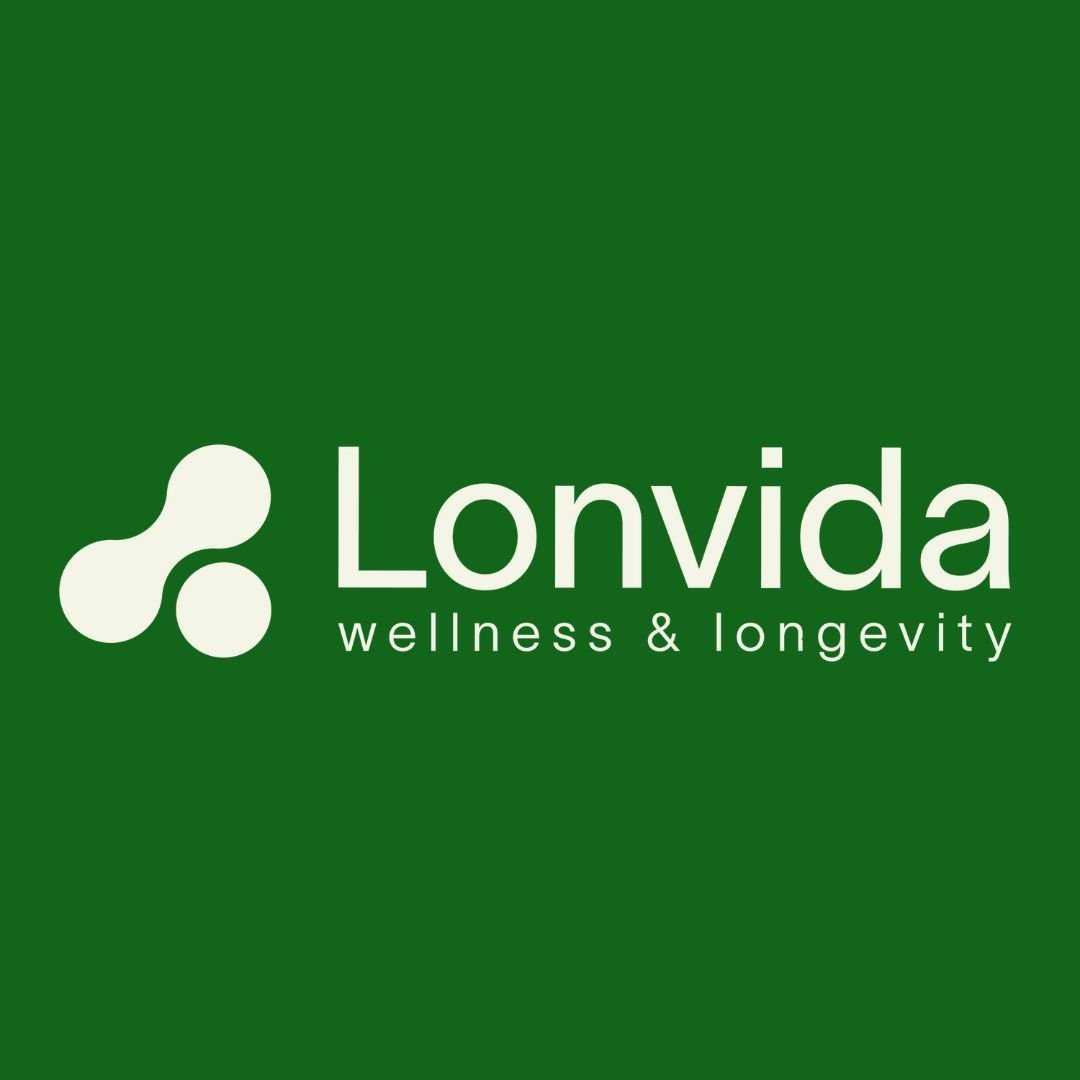.png)
For families in Texas grappling with the devastating progression of Alzheimer’s disease, the search for hope often leads them to explore innovative medical frontiers. One such frontier, located just across the border, is stem cell therapy for Alzheimer’s in Mexico—a growing hub for advanced regenerative medicine. This cutting-edge approach to Alzheimer’s treatment in Mexico offers a potential new avenue for managing the disease, aiming to slow its progression, reduce neuroinflammation, and improve the quality of life for patients. As conventional therapies provide limited results, many Texas families are turning to affordable stem cell therapy in Mexico for accessible, high-quality care.
Key Takeaways
-
A Novel Approach to Alzheimer's: Stem cell therapy is being explored as a way to repair damaged nerve tissue, reduce brain inflammation, and potentially improve cognitive function in Alzheimer's patients.
-
Significant Cost Advantages: Texans can expect to save 50-65% or more on stem cell therapy for neurological conditions in Mexico compared to the costs of similar, often experimental, treatments in the United States.
-
Geographic Proximity and Accessibility: For residents of Texas, traveling to reputable clinics in Mexican cities like Tijuana, Cancun, or Guadalajara is often straightforward and convenient.
-
Regulatory Environment: Mexico's health authority, COFEPRIS, regulates licensed stem cell clinics, ensuring they adhere to safety and quality standards for cellular therapies.
Cost Comparison for Stem Cell Therapy for Neurological Conditions:
-
Mexico: $12,000 - $25,000
-
United States (if available, often in clinical trials): $25,000 - $60,000+
-
Other International Hubs: Costs can be significantly higher, making Mexico a financially viable option for many families.
Understanding Alzheimer's and the Potential of Stem Cells
Stem cell therapy for Alzheimer's is an innovative, investigational treatment that focuses on using the body's own repair mechanisms to counteract the neurodegenerative effects of the disease.
Alzheimer's disease is characterized by the accumulation of amyloid plaques and tau tangles in the brain, leading to widespread inflammation, the death of neurons, and progressive cognitive decline. Mesenchymal stem cells (MSCs), the type most commonly used for this therapy, are powerful cellular agents with unique abilities. When introduced into the body, typically through an intravenous (IV) or intrathecal (spinal) infusion, they can:
-
Reduce Neuroinflammation: MSCs are known to have potent anti-inflammatory and immunomodulatory effects, helping to quell the chronic inflammation that damages brain tissue.
-
Promote Neurogenesis: They release growth factors and other signaling molecules that can protect existing neurons from further damage and potentially stimulate the creation of new ones.
-
Improve Cellular Function: By migrating to areas of injury, stem cells can support tissue repair and improve the overall health of the brain environment.
The goal is not a cure, but to slow the disease's progression, manage symptoms more effectively, and potentially restore a degree of cognitive function and independence for the patient.
.png)
Why Texans are Turning to Mexico for Alzheimer's Treatment
The combination of lower costs, fewer regulatory hurdles for advanced therapies, and close proximity makes Mexico a compelling option for Texas families seeking alternative treatments for Alzheimer's.
For many in the Lone Star State, the journey to a specialized clinic in Mexico is both geographically and financially manageable. The primary reasons Texans are exploring this cross-border healthcare option include:
-
Substantial Financial Relief: The cost of advanced medical care in the U.S. can be astronomical. Mexico offers these complex therapies for a fraction of the price, making treatment accessible to more families.
-
Access to Advanced Protocols: The U.S. FDA has strict regulations on stem cell therapies, and many treatments for neurological conditions are still confined to lengthy and restrictive clinical trials. Mexico's regulatory body, COFEPRIS, allows for broader application of these therapies in licensed clinical settings.
-
High Standards of Medical Care: Leading Mexican clinics that serve international patients are often equipped with state-of-the-art technology and staffed by highly qualified, bilingual medical professionals with experience in regenerative medicine.
-
Personalized and Patient-Centered Approach: Many clinics in Mexico are known for providing comprehensive care packages that include everything from initial consultations to post-treatment follow-up, ensuring a supportive experience for both the patient and their caregivers.
Did You Know? Many Mexican clinics use allogeneic mesenchymal stem cells derived from umbilical cord tissue. These cells are young, potent, and do not require a harvesting procedure from the patient, which is particularly beneficial for older individuals with Alzheimer's.
The Cost of Stem Cell Therapy: A Texas-Mexico Comparison
The financial difference in obtaining stem cell therapy for a complex neurological condition like Alzheimer's between Mexico and the U.S. is significant, often being the deciding factor for families.
In the United States, the few clinics or trials offering stem cell therapy for neurodegenerative diseases face high operational costs, leading to prices that are out of reach for most. Mexico's more favorable economic environment allows for much more affordable pricing without sacrificing the quality of the cells or the medical expertise.
These stem cell packages in Mexico often include services like ground transportation and bilingual patient coordinators, adding further value and reducing the stress on traveling families.
Finding a Reputable Clinic in Mexico
Choosing the right clinic is paramount for safety and potential efficacy. Families must prioritize facilities that are licensed, transparent, and have documented experience with neurological conditions.
When researching clinics for a loved one with Alzheimer's, it's vital to conduct thorough due diligence. Key markers of a trustworthy clinic include:
-
COFEPRIS License: This is non-negotiable. The clinic must be officially licensed by the Federal Commission for the Protection against Sanitary Risks (COFEPRIS) to perform cellular therapies.
-
Experienced Medical Team: Look for physicians and specialists with clear credentials and a strong background in regenerative or neurological medicine.
-
Transparent Treatment Protocols: The clinic should provide clear, detailed information about the source of their stem cells (e.g., umbilical cord), the cell count and viability, and the exact methods of administration.
-
Patient Outcomes and Testimonials: While being mindful of privacy, reputable clinics can often share anonymized case studies or connect you with previous patients or their families who are willing to share their experiences.
-
Modern Facilities: The clinic should operate from a clean, modern, and well-equipped facility that meets international standards for medical care.
.png)
Expert Insight: "For neurodegenerative conditions like Alzheimer's, the method of stem cell delivery is crucial. While IV infusions provide systemic anti-inflammatory benefits, intrathecal administration allows the cells to more directly reach the central nervous system. A knowledgeable clinic will evaluate the patient's specific condition to recommend the most appropriate and effective protocol."
The Treatment Journey: A Step-by-Step Guide for Families
The process of receiving stem cell therapy in Mexico is designed to be seamless for international patients, with clear communication and support from the initial inquiry to post-treatment care.
A typical journey for a family from Texas would look like this:
-
Remote Consultation: The process begins with an in-depth online consultation. The clinic's medical team will review the patient's complete medical history, including neurological exams, cognitive assessments, and brain imaging (MRI/PET scans).
-
Eligibility and Treatment Plan: Based on this review, the team determines if the patient is a suitable candidate. If so, they create a personalized treatment plan detailing the type and number of stem cells, administration methods, and the recommended length of stay.
-
Travel and Arrival: The clinic's patient coordinator assists with travel arrangements. Upon arrival in Mexico, a pre-arranged transport service typically takes the patient and their family from the airport to their accommodation and the clinic.
-
On-Site Evaluation: An in-person consultation and final health assessment are conducted before the treatment begins.
-
The Procedure: The administration of stem cells is a minimally invasive procedure. An IV infusion is similar to a standard drip and takes a couple of hours. An intrathecal injection is more complex, performed by a specialist, but is generally quick and done under local anesthesia or light sedation.
-
Observation and Departure: Patients are monitored for a few hours post-procedure. The total stay in Mexico is usually between 5 to 10 days to allow for preparation, treatment, and follow-up evaluation before returning home to Texas. The clinic provides a comprehensive aftercare plan and schedules remote follow-up consultations.
Safety, Efficacy, and Regulatory Oversight
While stem cell therapy for Alzheimer's is still considered investigational, licensed clinics in Mexico operate under national health regulations (COFEPRIS) to ensure patient safety.
It is crucial to have realistic expectations. Stem cell therapy is not a cure for Alzheimer's. The primary goals are to slow progression and improve quality of life. Efficacy varies greatly between individuals.
Potential risks are generally low and related to the administration method, such as a small risk of infection at the infusion site or headache following an intrathecal injection. The use of allogeneic umbilical cord-derived cells from screened donors minimizes the risk of rejection or communicable disease. A reputable clinic will discuss all potential risks openly during the consultation.
Frequently Asked Questions (FAQs)
Is stem cell therapy a cure for Alzheimer's disease?
No, stem cell therapy is not a cure for Alzheimer's. It is an investigational treatment aimed at slowing the disease's progression, reducing neuroinflammation, and potentially improving cognitive function and overall quality of life. It is crucial to have realistic expectations.
How are the stem cells administered for Alzheimer's treatment?
The most common methods are intravenous (IV) infusion, which delivers cells systemically to reduce inflammation throughout the body, and intrathecal injection (into the spinal canal), which allows the cells to more directly reach the brain and central nervous system.
Is it safe to receive stem cell therapy in Mexico?
It is safe when performed at a high-quality, reputable clinic that is licensed by COFEPRIS, Mexico's health regulatory agency. These clinics must follow strict protocols for cell sourcing, processing, and administration to ensure patient safety.
How long do we need to stay in Mexico for the treatment?
A typical treatment trip lasts from 5 to 10 days. This includes time for initial on-site consultations, the procedure itself, a short period of post-treatment observation, and a final check-up before returning home.
What kind of improvements can be expected after the therapy?
Potential improvements vary widely among patients. Some families report subtle changes in clarity, mood, and engagement, while others may see improvements in memory or a slowing of cognitive decline. The goal is stabilization and enhanced quality of life.
Why is this treatment more available in Mexico than in Texas or the U.S.?
The regulatory bodies in each country have different frameworks. In the U.S., the FDA considers most stem cell applications for Alzheimer's to be experimental and limits them to clinical trials. Mexico's COFEPRIS has a regulatory pathway that allows licensed clinics to offer these advanced therapies more broadly in a clinical setting.
How do we choose the right clinic in Mexico?
Research is key. Look for a clinic's COFEPRIS license, the credentials and experience of their medical staff, transparency in their treatment protocols, and reviews or testimonials from other families who have sought treatment for neurological conditions.
A Path Forward with PlacidWay
Navigating the complexities of seeking medical treatment abroad can be overwhelming, especially when caring for a loved one with Alzheimer's. PlacidWay is a trusted leader in medical tourism, dedicated to connecting patients with a global network of accredited, high-quality healthcare providers. We can help you find and vet a reputable stem cell clinic in Mexico that specializes in neurological conditions.
Contact PlacidWay today for a free, personalized consultation and to receive quotes from leading clinics. Let us help you explore every possible avenue for hope and healing.


.png)




.png)
.png)
.png)
.png)






Share this listing